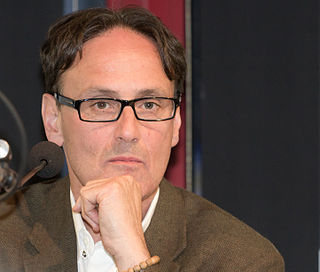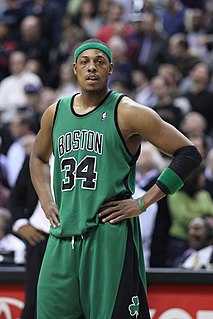A Quote by Shaquille O'Neal
That's sort of a trick question, and I don't have a trick answer. Next question, please.
Related Quotes
Somebody said that writers are like otters... Otters, if they do a trick and you give them a fish, the next time they'll do a better trick or a different trick because they'd already done that one. And writers tend to be otters. Most of us get pretty bored doing the same trick. We've done it, so let's do something different.
To be a scientist you have to be willing to live with uncertainty for a long time. Research scientists begin with a question and they take a decade or two to find an answer. Then the answer they get may not even answer the question they thought it would. You have to have a supple enough mind to be open to the possibility that the answer sometimes precedes the question itself.
A dialogue is very important. It is a form of communication in which question and answer continue till a question is left without an answer. Thus the question is suspended between the two persons involved in this answer and question. It is like a bud with untouched blossoms . . . If the question is left totally untouched by thought, it then has its own answer because the questioner and answerer, as persons, have disappeared. This is a form of dialogue in which investigation reaches a certain point of intensity and depth, which then has a quality that thought can never reach.
I have often had cause to feel that my hands are cleverer than my head. That is a crude way of characterizing the dialectics of experimentation. When it is going well, it is like a quiet conversation with Nature. One asks a question and gets an answer, then one asks the next question and gets the next answer. An experiment is a device to make Nature speak intelligibly. After that, one only has to listen.





































